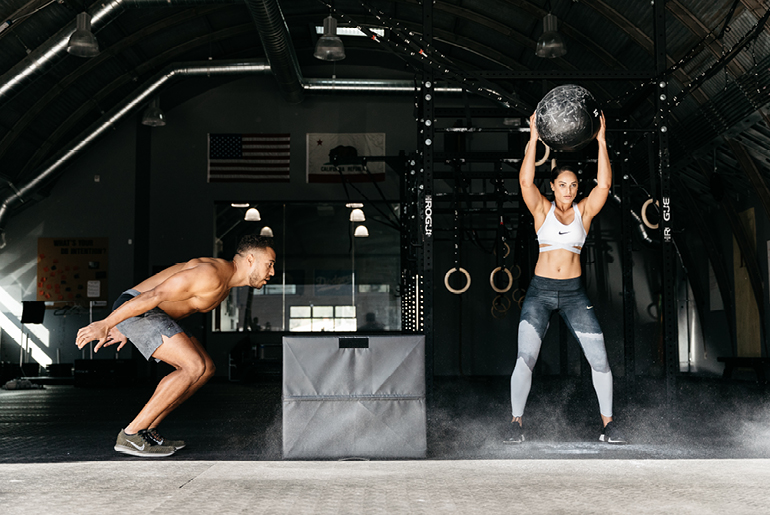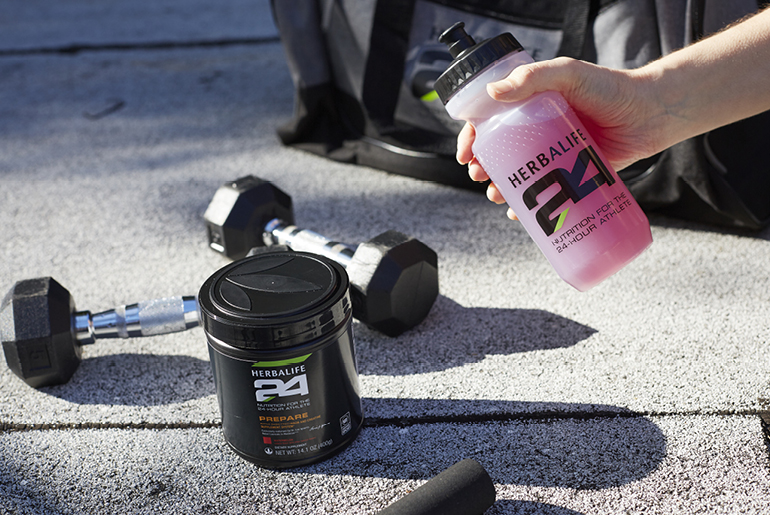The Truth About BCAAS – Do They Live up to the Hype?

Author: Dana Ryan – Ph.D., M.A., MBA, Director, Sports Performance & Education
What do most people neglect when it comes to building muscle? Sports nutrition. And we’re not just talking about protein powders – it’s all about putting the right nutrients in your body at the right time!
Rigorously tested dietary supplements are essential aids for athletes working to achieve their personalised fitness goals.
BCAAs Help With Muscle Growth
When doing strength training, muscle protein breakdown occurs. Your body responds by making the muscles stronger, but to do so it requires the correct amount and type of amino acids – the building blocks of protein – from the bloodstream.
BCAAs, unlike other amino acids, are broken down in the muscle, and not in the liver, as a study published in Oxford’s Journal of Nutrition confirmed1. This makes them a much more readily available source for protein synthesis, which is the process of creating muscle. These unique amino acids also act as markers of the initiation of protein synthesis, thus activating enzymes1 responsible for building muscle. BCAAs increase the rate of protein synthesis and decrease the rate of protein degradation in the muscles.
In the end, it’s a simple equation: if protein synthesis is greater than protein degradation, your muscles grow.
BCAAs Help to Support Muscle Recovery*
It’s not uncommon to feel sore a couple of days after a workout, especially if you’re training harder than you normally do or your exercise routine is new. As muscles become familiar with a specific stress, they adapt and react accordingly. In the meantime, BCAAs can help with the initial uncomfortable sensation in two ways, as research published in the Journal of Sports Medicine and Physical Fitness found out:
1. By lowering blood levels of two enzymes involved in muscle damage: creatine kinase and lactate dehydrogenase
2. By increasing protein synthesis. As we mentioned above, protein synthesis helps preserve the tissue during intense training. Thus, BCAAs help preserve the integrity of muscle fibres for less post-training pain
BCAAs Contribute to a Reduction in Exercise Fatigue
BCAAs are beneficial for anyone involved in strength-training or prolonged exercise. Whether you’re just getting started on a fitness journey or have been in it for the long run, keep in mind that sports nutrition is the key to get the most out of your workout.





